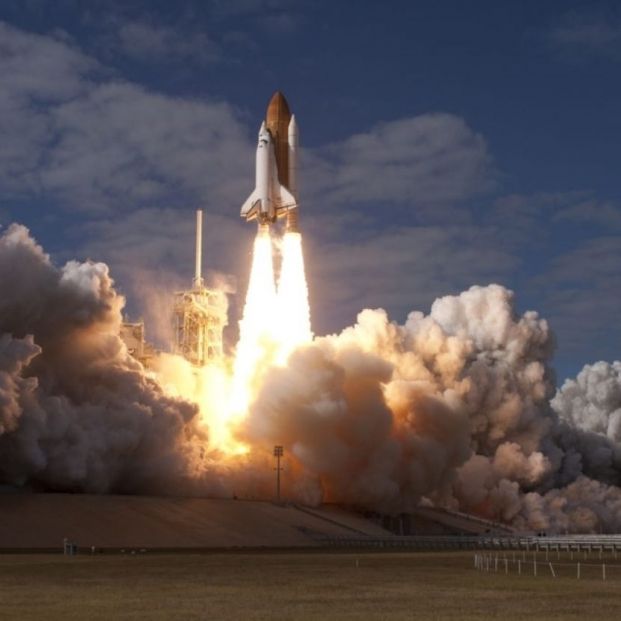Aging is one of the phenomena that is being studied the most, and one of the newest studies is being carried out by a group of scientists from the University of Liverpool with the help of the UK Space Agency. As explained in a press release, the goal is to use the space to better understand what happens to our muscles as we age.
As explained by the Space Agency, the muscles of the astronauts who spend time in space and without gravity, they weaken in the same way that happens during old age. Although the former then recover. For this reason, they want to send cells into space and compare whether what happens there is the same as what happens on Earth.
In this way, an answer could be given to why the muscles are weakening as we grow older, and how it could be prevented: “Research by our astronauts scientists like Tim Peake on muscle loss in the microgravity of space is helping to identify potential cures for musculoskeletal disease, which causes millions in agony and costs billions to the NHS “, explained the Ministry of Health of the United Kingdom, George Freeman
The UK-led MicroAge experiment will launch with @SpaceX tomorrow at @Spacial station. 🛰️
The experiment, led by @MicroAgeUoL in @LivUni, uses tiny human muscle cells to understand how muscles change in space and as we age on Earth. 🌍
👉 https://t.co/s06KMCAR9C pic.twitter.com/FwvyeqNwiG
– UK Space Agency (@spacegovuk) December 20, 2021
“They could help us live healthier lives”
“As we age, our bones and muscles weaken, but scientists they don’t fully understand how this happens“Explained Freeman. And although we all know that as we grow our muscles weaken, the research wants to” take advantage of the unique environment of the International Space Station “and the results could” help us all to live healthier and healthier lives. strong “, assured the minister.
In this way, MicroAge will send human muscle cells the size of a grain of rice that have been grown in a laboratory, and they will be placed on supports that have been 3D printed. Once in space, will stimulate them electrically to simulate muscle tissue contractions: “Aging is one of the biggest challenges of the 21st century and we will learn a lot about how muscle responds to microgravity and aging from the data we get from this study,” commented the professor. Malcolm Jackson from the University of Liverpool, according to the press release.
MicroAge will be launched this tuesday, december 21 into space on a SpaceX Falcon 9 rocket from Kennedy Space Center, Florida, and will return to Earth in January 2022 to begin analyzing it.





